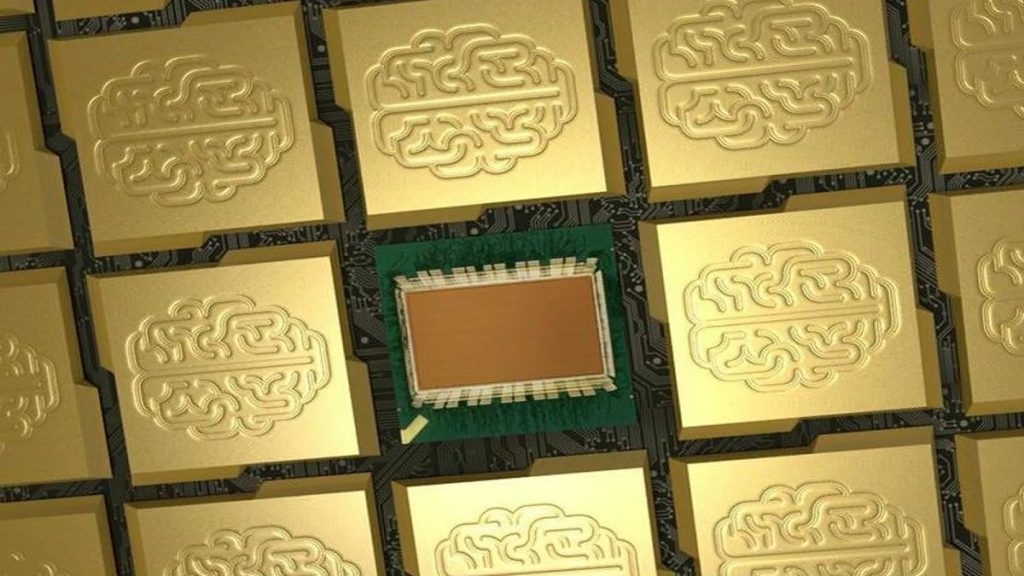IBM, a prominent tech firm, has developed a unique chip akin to the human brain.
The IBM chip energy-efficient AI aims to address energy overconsumption in AI systems. This novel chip can potentially reduce energy usage in AI applications, such as smartphone chips, leading to longer battery life.
Human brain efficiency in AI chips
This special chip is better because its parts work like the connections in our brains. Thanos Vasilopoulos from IBM said the brain can do great things using little energy. This could help cars, phones, and cameras do hard things without much power. It could also help cloud companies save energy and pollute less.
Making analog components: Copying brain parts
Normal computer parts are digital and use 0s and 1s. This IBM chip energy-efficient AI uses parts called memristors that are more like what’s in the brain. They can store different numbers. Think of it like the difference between a light switch and a dimmer switch. Memristors are like brain connections, so the chip can remember things, just like how our brain works.
Nature-inspired computing: Good things and problems
This new chip resembles nature because it acts like our brain. But there are problems, like how much it costs and how hard it is to make. Making computers with memristors is challenging, even though it could be helpful.
Fitting with other AI systems
The new chip is good because it uses less energy. It can also fit with other AI systems easily. This is useful for smartphones needing AI chips to improve photos. IBM wants this chip to make phones and cars work better and last longer.
Less energy use
In the future, IBM’s chip could help save lots of energy. It could replace normal chips in big computer centers that use too much electricity. These centers also need water to stay cool, which is a problem. This new chip might be able to stop all that.
Professor James Davenport from the University of Bath thinks IBM’s idea is good, but the chip isn’t a full solution yet.
IBM’s new brain-like chip is a big change for AI. It uses memristors to act like the brain and use less energy. Even though there are challenges, this could help make AI systems use less energy, which is good for the world.
